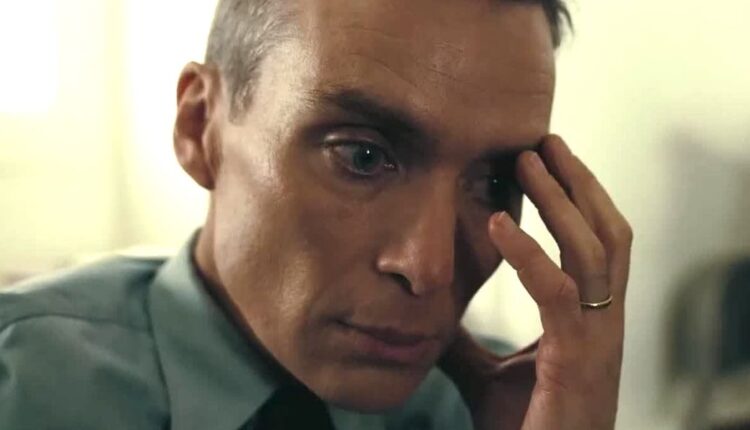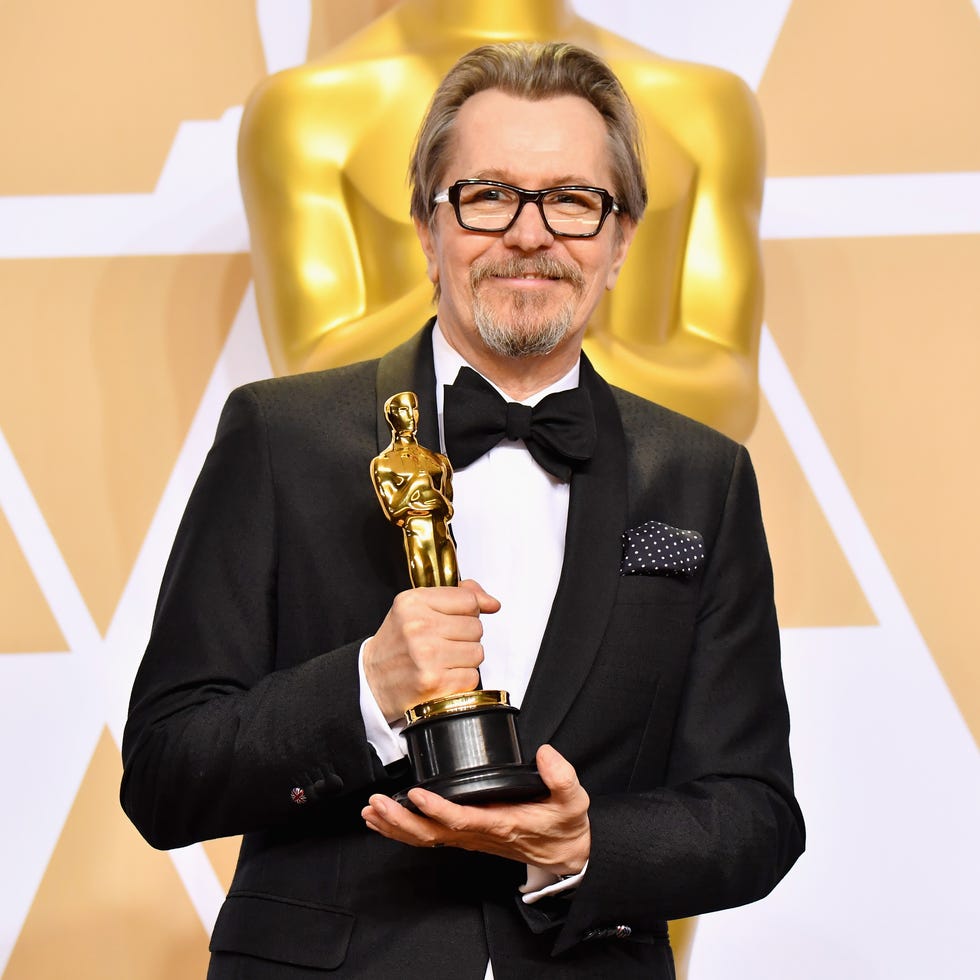The following story contains spoilers for Oppenheimer (2023).
The draw of Christopher Nolan’s Oppenheimer, yes, is the creation and deployment of the atomic bomb. But Nolan’s film isn’t called Bomb—it’s called Oppenheimer. And so while the first two hours of the movie follow the titular scientist and his road to creating the most powerful weapon ever used in warfare, the third hour, which takes place following the successful Trinity Test that Oppenheimer oversaw at Los Alamos, becomes the true conscience of the film.
As word of his genius spread, and his reputation grew, Oppenheimer built a following at his Los Alamos camp and in the scientific community that other characters in the film even refer to as being cult-like. But after the Trinity Test’s success, we immediately see Oppenheimer (Cillian Murphy) dealing with guilt. Nolan moves fast after the test’s success, and it’s not long between the congratulatory environment that came after learning that the weapon they created was successful and the almost unfathomable reality that came afterwards, learning only over the radio that the United States dropped a pair of atomic bombs on Japan.
At this point, Oppenheimer doesn’t pan away to Hiroshima or Nagasaki, rather keeping with that titular character that the movie follows for a full three hours. Oppenheimer is wracked with a guilt that he can only barely begin to grapple with—partially because he could only even hear of it second hand, and the audience, along for the ride with him, is in the same boat.
One of the movie’s most memorable scenes comes when Oppenheimer meets with President Harry Truman following the bomb’s deployment for what Truman and his staff presume will be a meeting of celebration. Things don’t go according to plan when Oppenheimer comes into the oval office, shell-shocked. This scene is based on a pair of meetings that happened in real-life between Truman and Oppenheimer, where Oppenheimer really said “There is blood on my hands,” and Truman later referred to him as a “cry baby scientist,” among other notable remarks.
You probably didn’t recognize Truman in Oppenheimer, but almost certainly got the sense that he was played by a performer who brings a legendary gravitas to any role he plays. That’s because he was played, deceptively, by someone who Nolan has worked with a number of times—and clearly trusts with a pivotal part of his movie.
Gary Oldman played President Harry Truman in Oppenheimer
President Harry Truman was played by Gary Oldman in Oppenheimer, a reunion after Oldman played Commissioner Gordon in all three of Christopher Nolan’s Batman movies. Oldman is no stranger to playing key World War II figures, having won an Oscar in 2018 for his role in The Darkest Hour, where he underwent a similar transformation in order to play Winston Churchill.
Oldman has been a stalwart in independent and studio films for decades; you’ve almost certainly seen him in other movies before Oppenheimer. If you’re a Batman fan, you know him as Comissioner Gordon. If you’re a Harry Potter fan, you know him as Sirius Black. If you’re a fan of non-franchise films, you probably remember him from Mank, True Romance, JFK, Leon: The Professional, or The Fifth Element. Hell, if you’re a fan of Apple TV+’s spy series Slow Horses, you’ll certainly remember him from that.
All to say: as with the rest of Oppenheimer, ChristopherNolan knew exactly who to cast—and got a great performance out of it.

Evan is the culture editor for Men’s Health, with bylines in The New York Times, MTV News, Brooklyn Magazine, and VICE. He loves weird movies, watches too much TV, and listens to music more often than he doesn’t.



Comments are closed.